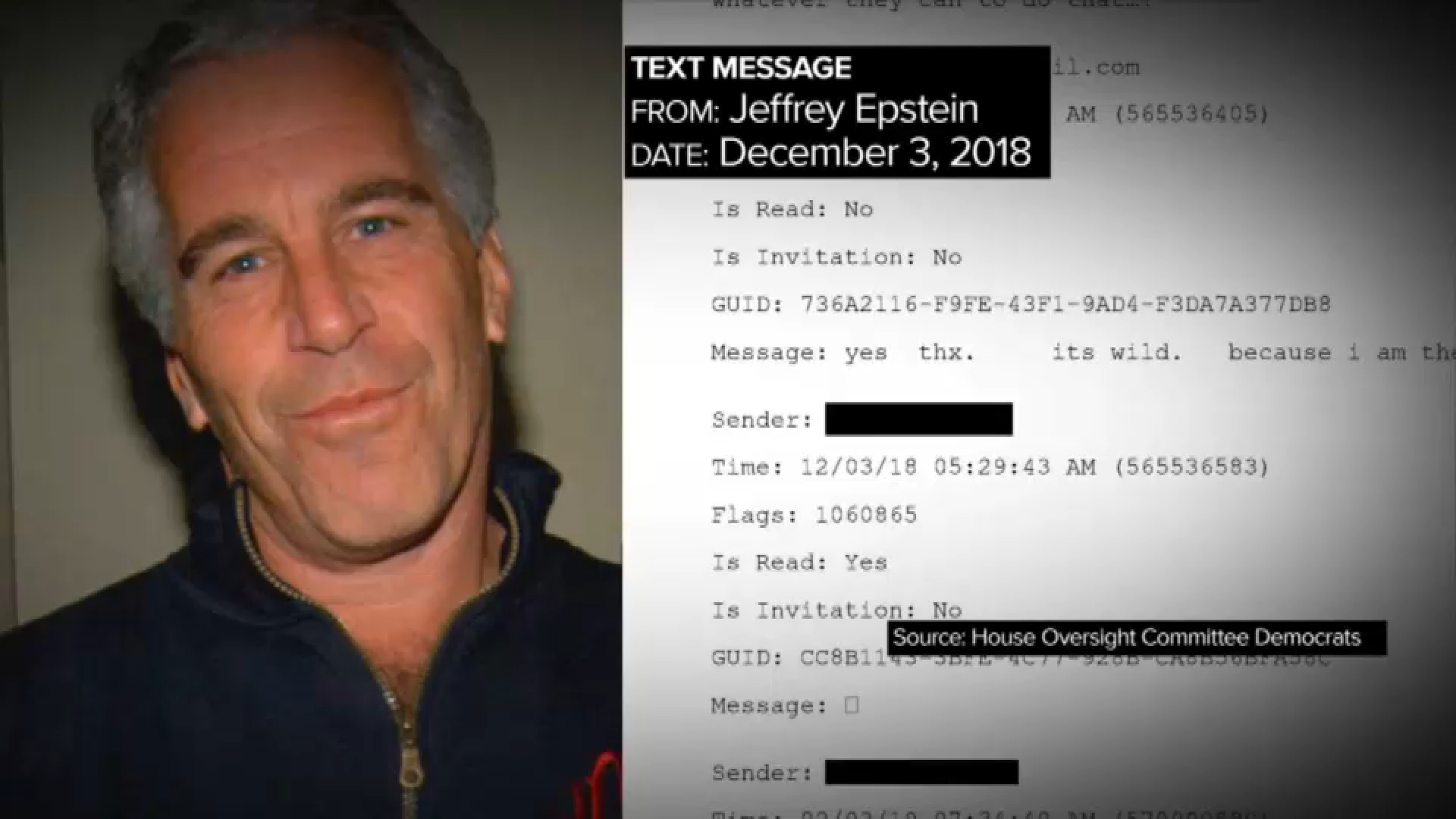(ThyBlackMan.com) Our military has always stood as a pillar of unity for our nation, built upon the sacrifices and courage of all Americans, regardless of race. But the recent decision to withdraw military recruiters from leading engineering conferences like the Black Engineer of the Year event sends a troubling message: the people who have fought to defend this nation and advanced its technological progress for centuries are being sidelined in the very fields that have helped secure our future.

This is not just a setback for diversity — it is a direct threat to our nation’s security.
From the time of the Revolutionary War, when one of the first casualties was a Black man, African Americans have fought in every major conflict this country has seen. Yet, despite their sacrifices, Black men and women have often been relegated to the most dangerous, degrading, and underappreciated roles.
During the Civil War, new Colored troops helped turn the tide for the Union, yet their contributions were too often overlooked. Even in modern times, the struggle to be seen as equals in our armed forces continues, as Black soldiers remain underrepresented in leadership positions, despite their undeniable qualifications.
The military had made significant strides in breaking down barriers — racial, institutional, and cultural — over the years. From the integration of Black soldiers into units during and after World War II to the rise of the Tuskegee Airmen, America has made progress in recognizing the value of all its citizens in the defense of this great nation. But the military’s recent withdrawal from key engineering and science conferences that have long been avenues for recruiting the nation’s most talented and diverse minds sends a message that we are regressing.
We risk losing future leaders who could make a lasting impact on national security.
The Black Engineer of the Year event, for example, has been a beacon for the brightest engineers, scientists, and technologists in the country, many of whom are people of color. These students — many from historically Black colleges and universities — are being denied the opportunity to serve their country in vital roles because military recruiters are no longer attending. It is not just the loss of interviews; it is the loss of access to some of the best and brightest minds that could strengthen our national defense and push technological innovation forward.
This decision undermines decades of hard-won progress. We see it clearly in the history of military leadership. Many of our top generals, leaders who have shaped the military into what it is today, are graduates of historically Black engineering programs. Without continued engagement with these talented communities, we risk losing future leaders who could make a lasting impact on national security. This is not just a disservice to the people who are being excluded — it is a disservice to every American who relies on the military to safeguard their freedom and security.
We must continue to invest in the best and brightest minds.
This country has a long history of ignoring, overlooking, and underestimating the contributions of marginalized communities. But history has also shown us that those same communities — whether it was the Tuskegee Airmen, Indigenous Cold War-era military personnel, or women who worked behind the scenes to keep our war efforts strong—have always found ways to make invaluable contributions. This pattern must not be repeated again.
Our nation will one day understand the lessons of the past. We must hope that we do not have to learn this lesson through the mistakes of excluding talent from the most critical sectors of our society. The world is changing rapidly, and so are the threats to our security. To ensure that our military remains the most powerful, most innovative force on Earth, we must continue to invest in the best and brightest minds — regardless of their race, gender, or background.
When we turn our backs on inclusion, we not only hurt those who are excluded, we endanger the future of our nation. It is time for us to learn from the past and correct the course before it’s too late.
We have earned our stars. Now, let’s make sure they are shared by everyone.
Written by Tyrone D. Taborn
Official website; https://www.facebook.com/tyrone.taborn

















Leave a Reply